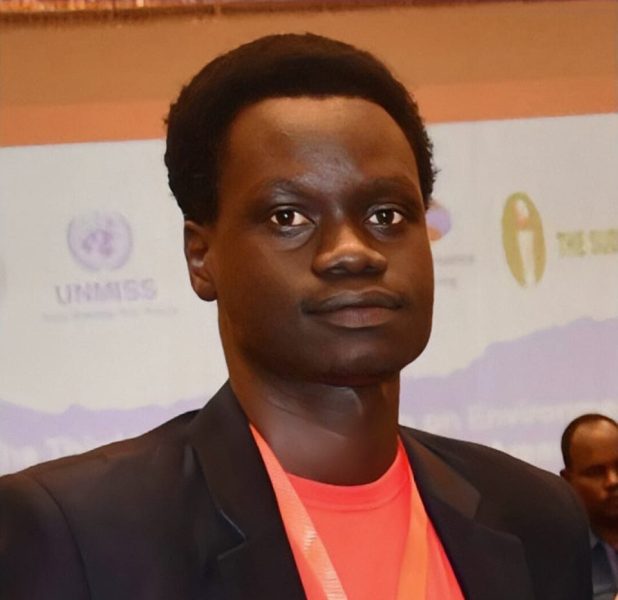
South Sudan, a country ripped apart by war and mistrust, continues to bleed from wounds caused not only by bullets, but also by the poisoned tongues of its own leaders.
The people look on those in positions of power to guide them rather than just govern them. But what future does the youth have if the leading voices are mired with hatred, discord, and bitterness?
Our leaders, those entrusted with the vision of a peaceful South Sudan, have failed us in the most fundamental way.
Instead of rising above ethnic lines, they have militarized them, and instead of becoming symbols of unity, they have become architects of division. In their speeches, whether at political rallies or state functions, they plant seeds of resentment, creating narratives that chide others based on tribe and background. They are not healing; rather, they are deepening scars.
And in this chaos, we are quick to blame the youth. We point fingers at them for being violent, divided, and tribalistic. But how can they not be, when the very people they were taught to respect and follow have made hatred of their political currency? Today’s youth did not grow up in a vacuum, they have inherited a toxic legacy, one where their leaders are not statesmen, but tribal chiefs cloaked in national flags.
The youth are not the root of the problem they are the most tragic victims. They have been indoctrinated, raised on a diet of suspicion and hostility. From their earliest days, they’ve been told who their enemies are, not through stories from outsiders, but from the lips of their own parents and leaders. These young people did not choose this hate; it was handed down to them like a family heirloom.
What is heartbreaking is not just the present, but what the future now holds. How can young South Sudanese believe in peace when all they see is war? How can they believe in unity when all they hear is division? When every hope is crushed under the weight of political greed and tribal loyalty, how can we expect them to rise above?
The truth is, the leadership has already mortgaged the future of South Sudan. They’ve traded the promise of tomorrow for the power of today. And unless something changes drastically, there is little reason to believe that unity is near.
The hatred has gone too deep. It is not just in speeches, it is in schools, in homes, in hearts. It’s become part of the national psyche, part of the very air we breathe. But it doesn’t have to be this way forever.
If there is any chance, it must begin with accountability. We must hold our leaders accountable for their speech as well as their policy. Every harsh statement made by a politician is more than simply a slip; it is a spark that ignites fires in fragile communities. It must cease. We must demand better. And we must teach our children to expect better.
The rebuilding will not happen overnight. It might not even happen in this generation. However, the process may start if our leaders choose courage over cowardice, unity over division, and truth over misinformation. They must be role models that our youth sorely need. They must demonstrate that power is not obtained by pitting one tribe against another, but rather by bringing all voices to the table.
South Sudan is a strong and resilient country. It is a nation forged in adversity, built by people who have experienced unfathomable pain. But it is a nation in serious need of repair. That healing cannot begin with bullets or aid; it must start with words. With leadership. With truth.
Until then, unity will remain a beautiful dream, distant dream, fading further with every hateful speech.
Note: The views expressed in this ‘opinion’ piece published by Standard Zone News (SZN) are exclusively those of the writer. The author is solely accountable for the veracity of any claims indicated, not SZN.

